DANCING YETI BOOKS
Poems, Thoughts and Stories, to Read and Hear
POETRY
You must already care for poetry or you would not be here.
So how can I introduce my own in a few lines?
Words cannot communicate the all-round truth of anything.
They are symbols which only have meaning for those who share their language, and never can convey the breadth and depth of things.
The word ‘chair’, for example, represents a vast range of seats, yet cannot express the three-dimensional reality of any one of them.
Nobody expects to sit on the word.
If we want to convey a genuine experience or emotion, music or art might do it better. But poetry craftily steals from both.
From music it takes the underlying melodies that feed its rhythms, rhymes and assonance to create memorable sensations in the reader which may live on after the book is closed.
From art it steals pictures and cuts them out and bangs them together, as images, to create effects that could already shock and satisfy, long before modern artists used collages and cubes to portray their unique reality.
Poetry can be the dramatic chronicler of our stories and feelings, truer to their essence, than books of history or dictionaries. With a few short lines it can bring us laughter or profound and moving insights.
This is the ambitious aim of this collection of words and spaces.
After a life of writing poems, they seem few yet also too many. For when I think of great poets from the past, I can only quote a few of their words, and yet they are enough to honour their being and feel their presence.
The thought, that just one line of mine may touch you still, after my end, brings me a smile, and reason to shove these words before your eyes.
Selected Poems
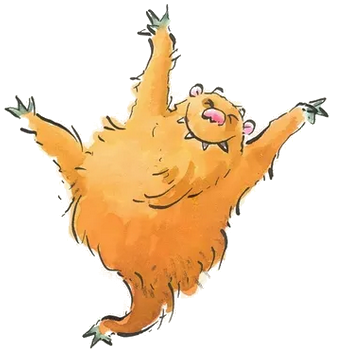
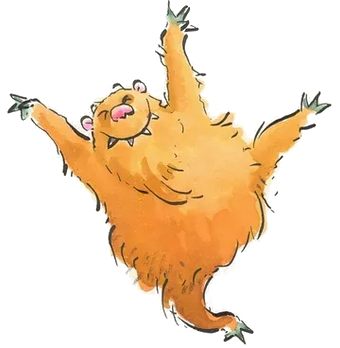
Poetry Books
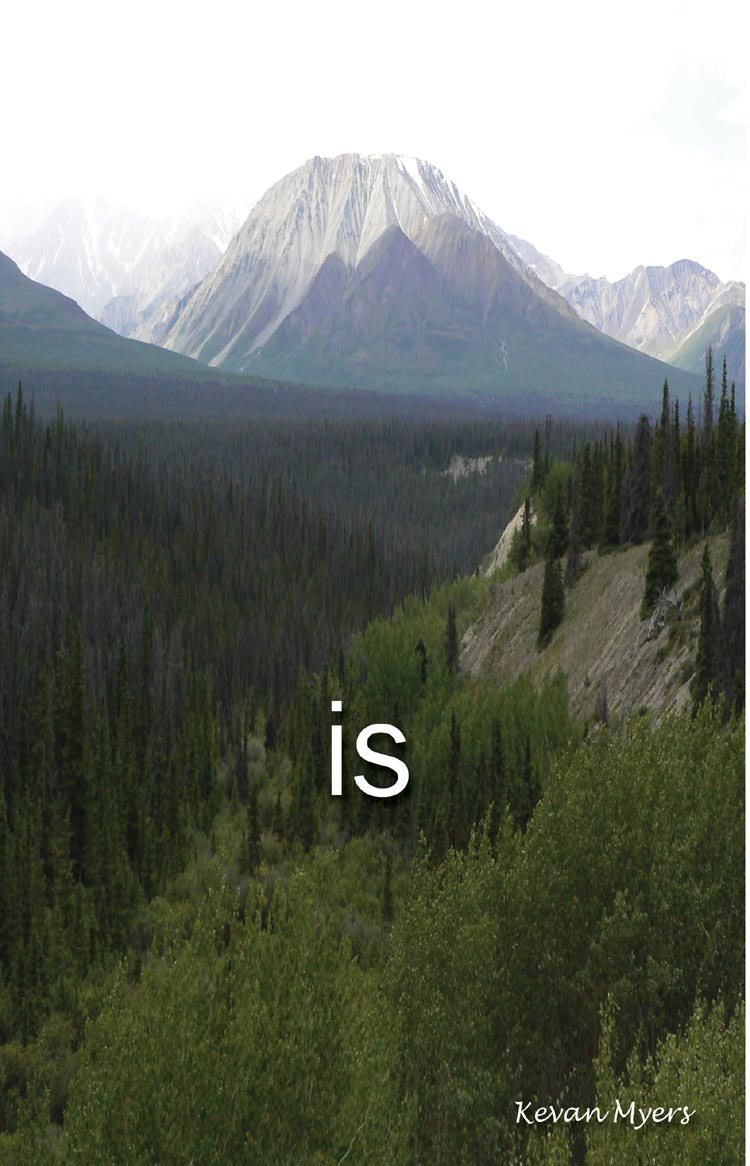
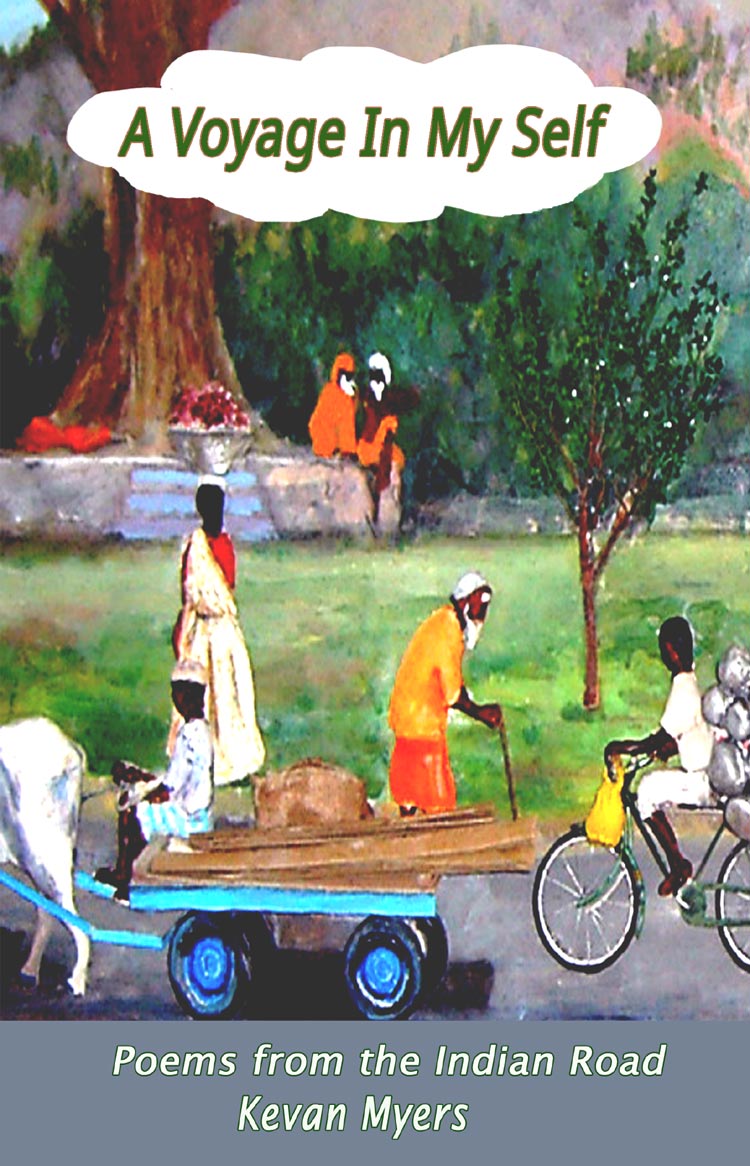
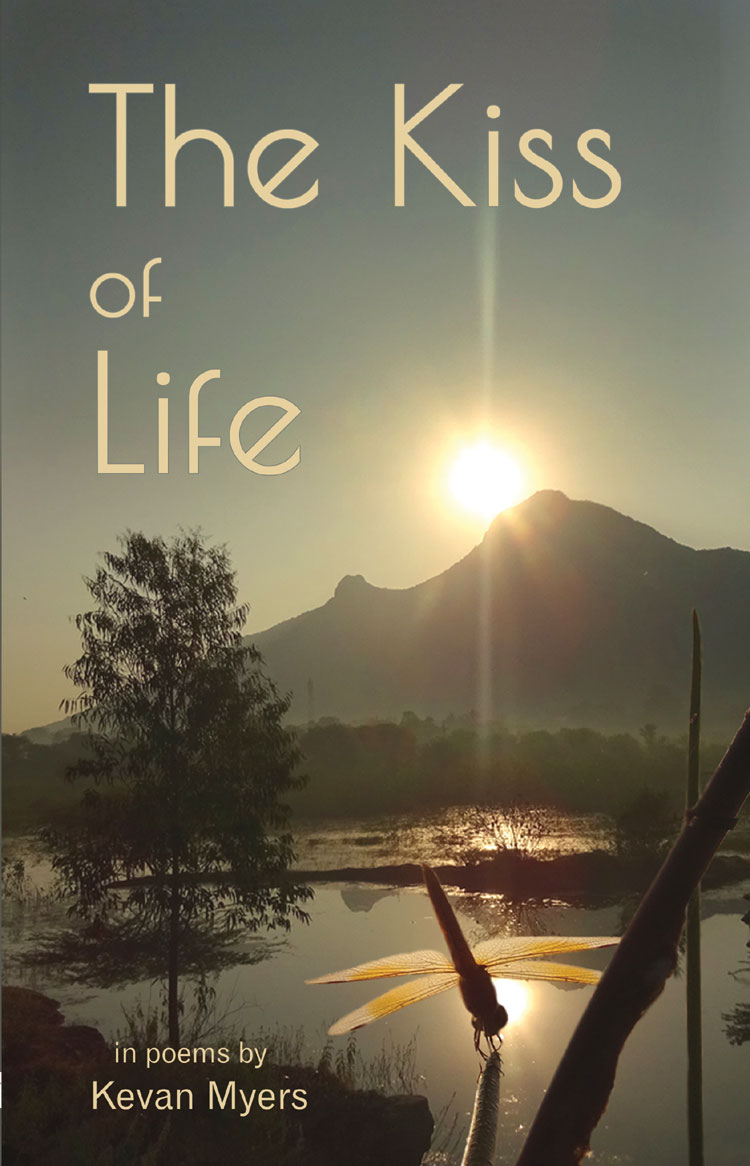
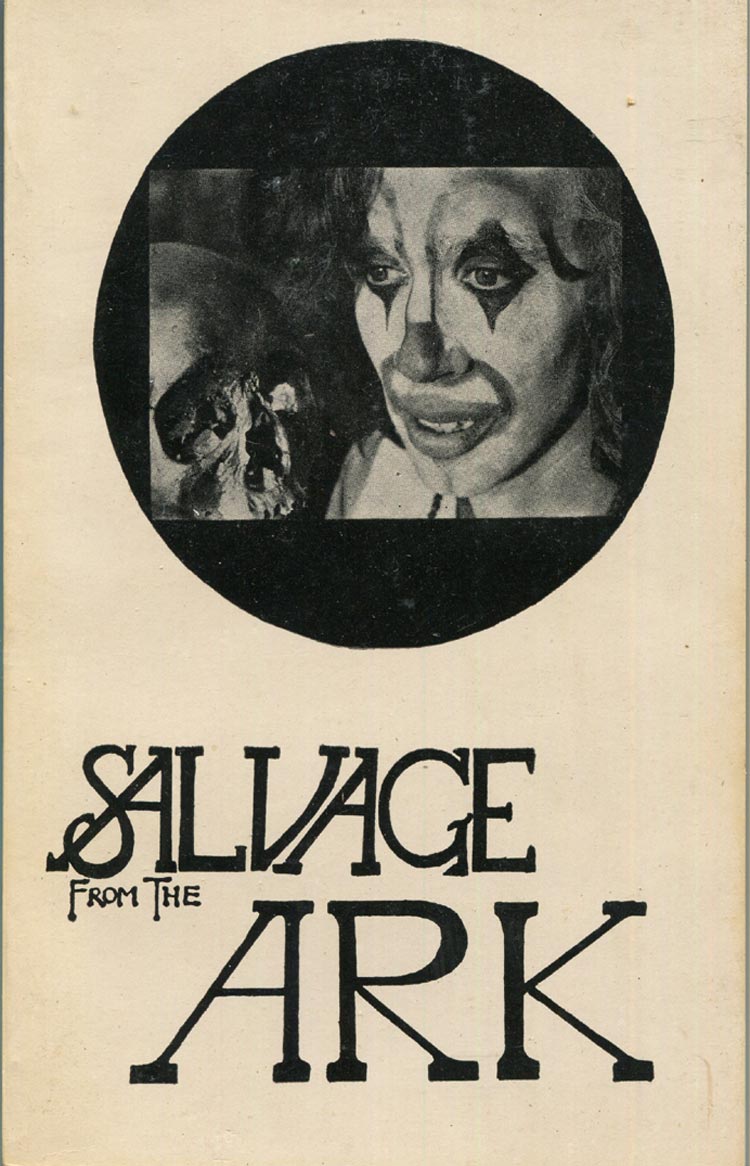
LONG POEMS
Introduction
So it’s a hard job to persuade you to spend time with my longer poems. For short ones can be just as deep and more memorable, and I as a poet, am very satisfied with many of the short poems I’ve written. But a long poem is much more challenging, and it is very satisfying when I battle through one to produce a work which I hope will hold the reader’s attention and take them on a journey where the subject is covered from many angles or a story has room to unfold.
It has taken many years as a poet to be able to write one of these. Before I could never sustain them and when I wrote longhand I could not scan a verse in my own scrawl with enough ease to keep up the momentum as I’d carry on. I’ve never started a poem with the intention of writing a long one. Indeed in any poem, I get inspired by a first line, which leads me on to the next and so on, but I rarely know where the poem is going until I get near the end. Thus the poem reveals itself to me line by line and when it’s a long one it is fascinating to me to discover the different twists and turns on the road it takes, while rejecting any words which jar its music and looking for the right lines which maintain the melody but still say exactly what I want them to say.
So I beg you to give my long poems a chance: to sit down with one of them with an open mind and then stay with it till its end. Be ready for a session, which will rarely take more than ten minutes, but might touch you with pictures and ideas which you want to remember that may bring you back to read it again
Selected Long Poems
Earth
Taken from ‘The Kiss of Life’. I love this poem for the way it wanders through the subject and like a a good gardener I have visited it time and again, sometimes weeding out words and planting new ones.; sometimes surprising myself in discovering themes that run through it and repeat. I like the way that it becomes gradually more daring until it reaches climax at the end, and I love it that it’s most lyrical lines are not about earth at all , but draw their inspiration from the movement of the tides and their affect on the coast where I used to live and still sometimes walk.
My horoscope holds many signs
composed of fire and air,
while those of Mother Earth are rare.
Yet now it’s she who brings me joy,
not from her sensual vales and hills, but bare,
and elemental, formed of broken
and discarded left-overs of life that rot away
to make themselves our sandstone and our clay.
I used to hate it when she clung on to my hands
and would not let them go
until she’d dried and shrivelled up my skin,
while nails would black and crack.
I’d run to soap and water, even cream,
that might revive this flesh
that seemed sucked lifeless by the lips
concealed in her touch. But now,
like some spent lover, they will rarely come
into my mind, when washing‘s done.
I’m glad to clamber down my path
and leave behind my problems, to attend
the meetings with my plants, where I
admire how tall this one has grown, close to
a brand-new bloom that’s sprung,
or I may stumble on
some shy tomato’s blush,
that’s just begun.
But strangely, it is rare you’ll find
me, hunkered down in bliss, among
the colours and the scents of all
these green and gentle friends,
though there be some
with jealous lovers
who will treat me to an itch, or bare
their thorns, to leave me stung.
They seem to me like neighbours who stick heads
outside their doors to nod as I come sniffing by,
en route to one, who beckons me,
with new and lovely face, where I
will bend or kneel, uncomfortably,
but rarely sit, beside its bed, for company.
I move among them more as midwife, or as doctor,
than as guest: alert to changes in their form,
amazed by speeds of weeds, who clamber up
like muscular marines: ascending ropes,
to shove themselves ahead and jump the queue
that’s climbing for the sky,
engrossed in stealing all the food,
intended for these weaker immigrants,
transplanted to their land, and questioning
who let them trespass here.
And what is this usurping hand,
who tears them struggling from their home
to fill it with these guests, so useless and effete
they barely would survive without its help,
to satisfy their thirst with drownings that defy
the rhythms that give meaning to the sky.
Each morning I explore, and it is like the time
I dwelt close to the Kentish shore,
where giant mud-flats bare themselves
and never is there stillness,
free from change, for all the time
the tide runs in or out, alive
with hues that swirl, as sun and moon
revolve their giant eyes
on waves and mud that sink and rise.
All things reshape as fast as breath,
propelled by clumsy feet and hands
of humankind, that interfere,
while they themselves
are changed to someone else,
a step ahead on their long journey
from crustacean into man, and then
to God knows what…
This movement never dies
and always has the power to surprise
when nature sheds the clothes
that had concealed change,
and blatantly reveals
her readiness to reproduce
with stamens that excite
like pheromones, with deep
enticing perfumes, while the petals lure
with pulsing shades that trap the eyes.
I must thank God
she has consented and been trained
so subtly to engage herself
with hands as ignorant as mine
that have no more than one
green finger out of ten.
She knows that I mean well;
though bramble-scratched and old
and aching from my work,
she does not kick me out,
but lets me be her mate.
Then here, on this truly varied bed,
of beauty and of pain,
we procreate.
Turning Over The Welcome Mat
Taken from ‘The Kiss of Life’, this next piece is one of the rare political poems that I offer you, and as befits a political piece it has an argument, which I hope will convince you by the end.
It is one of two long poems I wrote on this subject in my fury and indignation at the callous mistreatment of my fellow human beings by many governments, especially my own, representing the attitudes of many in the population, who voted them in to rule with such lack of humanity
. I wrote it in October 2014, when the news came to me that the rich European nations had decided to withdraw all funds from the rescue ships that were saving drowning refugees in the Mediterranean Sea, believing perhaps that their drowned bodies would warn off any who might choose to follow them and inconvenience the well-fed citizens of Europe with their presence and their needs.
How can I know how it feels
to be another being than me?
To slip on the flesh of another
and feel life’s joy and its cruelty
when land and sea combine
to make one cruel enemy?
The news is filled with views
of dinghies, designed
for a beachside splash
for a couple or two, now crammed
with bodies, rush-hour-jammed,
too tight, and too afraid, to move.
As seas slurp up and swirl
around their knees,
their souls in terror plead
to God to let them be
among the winners of this lottery
which reels in the saved
like gasping fish
who course their way
between the bodies of the drowned,
like human garbage, on the sea.
The blank and staring eyes
of those who only yesterday
sat round the fire to share
their stories and their hopes.
Now glassy-eyed, with faces
facing down, they float.
And water that was kind:
the answer to their prayers
in lands of drought,
has now become
an oceanful of tears
that batters them about
and swallows up their babies
with its greedy mouth.
There is no way for me
to be inside their skins
nor would I be, for I
am not some altruistic saint
who looks for pain to mortify his frame.
I do not seek the agony
from knives that pare the flesh
to slice from me my children and my wife.
Although the TV shows it me
I do not have capacity
to feel how it is when walls
begin to shake and giant slabs
of roof come crashing down.
Nor can I tell the sadness
when the history and beauty of a sacred place
is utterly extinguished and dispersed as dust.
Can rape be less a violation and a pain
when one poor, helpless daughter
feels it again, again?
My ears have never been
where shots and screams
come rattling at my door.
Where children sleep in peace
or quarrel over toys, how can I know
the desperation that will drive
a family to drag their limbs
through countless miles, lined
by vultures who will snatch with greedy beaks
each item and each being
that they love and keep,
in hope that some last fragments of their past
might still be with them as they try
to find some way between
the nightmares that lay siege to sleep.
I only know that when I was
a traveller in their lands,
where I, unarmed, alone,
could be so easily attacked and robbed
there always was some door that opened up
some friend I’d never known
who asked me in and gave me food.
And some of those same people,
or their friends, or kin,
are now among those bodies
that have been exposed
to every danger, waiting on the shore,
or standing on some fragile raft,
with water rising round their knees,
where only sea birds hear their final prayers
as they go down in grief.
And we would slam the door
through which they hope to come,
because our comfort might be threatened
by a family who speak our language strangely
or is clothed in different coloured skin,
who seek to work or find a home,
which gives security and peace.
What reason can there be
to justify this fear and lack of trust
that makes us stuff our ears
and pull the zips across our eyes?
Each one of those outside is me,
yet so much more, for they
already have survived so many lives in one,
while I have dealt with trivialities
which cannot be compared with all
that they’ve experienced and done.
It was John Donne who said
that ‘no man is an island entire of itself.
For if a clod be washed away
then Europe is the less.’
And when that clod is washed from Asia
or from Africa it matters just as much.
With every human being that drowns
a member of my family goes down
Nainital
More than 2,000 metres up in the Himalayan foothills and other Indian ranges, you will find those peculiar locations, known as ‘hill stations’.
In Victorian India many of them were built by the British who longed to get away from the sweltering Summer heat of the plains, and often the pukkah sahibs who worked as administrators or clerks for the British Raj would send the wife and kids up there for a few months. Some of them were very snobbish, with the Brits observing a strict hierarchy among themselves, and streets where the Indians were not allowed to walk, since there were other roads behind the buildings for the servants to enter. So they tried there to maintain a very British upper class lifestyle, and make them like a rather superior home, with bungalows, that were sometimes huge, fancy hotels , fashionable stores, restaurants, theatres and clubs.
And many of them are still there, though Indian buildings intrude more and more, many of them modern, where old bungalows and hotels have been knocked down, but other Indian buildings were, of course, there all the time, not just for servants and workers, but also for the aspiring Indian professionals and middle-class who adopted many of the British habits which they still practise especially during ‘the season’ having now replaced the Imperial snobberies with their own.
But, of course, this is not the whole story, for many Indians who can now afford it still want to get away from the heat and rise to these high places with their lakes and lovely views, with well established walks on which to exercise and visit defined ‘picnic spots’, and a plethora of expensive ‘public schools’.
It also attracted and fascinated me, wandering goggle-eyed through the amazing mix of architectural styles, jammed side by side, enjoying the sounds and smells of the bazaar and the extraordinary mix of beings who occupy this somewhat less snobbish hill-station out of season:
Wonderful mix of corrugated bing-
bong structures, leaning
and creaking themselves, in gaps between
the glossy paint and tinted glass,
of those with new-found wealth,
who shudder from the ancient,
pigeon-roosting remnants of the Raj :
all curlicued with Hindu-Gothic
flying buttresses, or other bits
that sharply elbow neoclassical facades,
among the dubious dives and drives,
all cluttered up with lawyers’ signs.
The more commercial streets combine
the cafés of the smart,
that cater for the new elite,
with holes in walls, that offer
momos*, roasting maize, and most of all,
the eggs, that everywhere
are boiled by the poorest of the self-employed,
who hope to rise from rags
to rupees from a bit of ground,
with barely space to turn a rat around.
The whole shebang is perched
along the lower slopes, like tops of feet,
all side by side, that dip their toes
in water, where reflections meet;
and as the eye ascends the woody trouser legs
and skirts, it must eventually arrive
at jagged heads, where picnic parties
once would thrive, after the pleasant ride
through all the mist-fed, rustling green
to lofty haunts, where they could see
the snowy polls of Himalayas,
rising from their beds as if surprised
to stare at us from far beyond
those ranges which intrude with bristly backs
beneath their distant eyes.
But now my sight, which reaches out,
falls short, however hard it tries,
and there is little chance
that they’ll come out and take a bow,
for clouds are rushing up the bowl sides
of these crags and spilling off the tops,
like vapours in some chemical experiment,
which overflow the sides of a burette.
And though they’re cold and wet, they bless
me as they drive away all but a few
of that vast crowd of bureaucrats,
and business men, with their substantial wives,
and screaming kids, who rush to this retreat,
when holidays from school arrive
and Delhi is a furnace on full heat.
So now it’s mainly locals that I meet,
as I go by the jostling store fronts, which compete
to grab my eyes and pockets,
passing by the hungry groups
of tough Nepali porters, small and dark,
with shiny muscles bulging from their calves,
who stand beside the hiring place,
close to the commercial eyes
that have replaced the joy,
that once would shine, from each Tibetan face.
Two football teams, in real colours, draw
a crowd who commentate
with new-found, World Cup expertise,
and eye the local Beckhams, as they chase
across this space, which lies
beside the ornate mosque, all white and green,
in flattering designs, intended to impress
the faithful and the faithless,
as they pray, or scheme
The ball is kicked outside,
and with it go my eyes,
to glide in peace across the lake,
until they meet its other side,
where wavelets lap the promenade
and hotels, not quite grand
stand side by side, transplanted
out of Eastbourne, to this land.
They’ve travelled far, and higher
than the voices of the choir
of lady Methodists, who once
ascended from the heat,
like thermals rising from the plains,
to take their leave among these high,
but not so ‘dark, satanic hills’.
It is not hard to find a lake,
but this one came ‘port out,’ on P & O **
with cabin trunks brim-full
of dark and slurping waves,
as deep as skies that lower
over fells and pikes,
with heads half-hidden
by the rarely-ending rain,
And here it lingers,
exiled from the peaks of home;
although their shades
still haunt the waves,
where lean and hungry boatmen
take their fee, to navigate
the over-weight, excited
families, of would-be VIPs,
whose mobile phones record
their camera pose,
with fifteen seconds
of excited shrieks,
that linger briefly in the mist
which hangs above the deep.
While all around,
the living and the dead,
that make this town,
are too much here, to sleep.
* Momos are a Tibetan form of dim-sum.
**’Port-Out’ +’Starboard Home’ = POSH: the best accommodation
on the P & O steamers, connecting Britain to its Indian Empire.
In Memory of Madge Herron & My Native Town
Though I don’t offer you many, I truly enjoy writing poems about friends that I love and will never forget. Every being is unique and so there must surely be something to write about every one, but when they are truly eccentric the inspiration they bring me produces better poems which are more alive and original . Many 0f my friends and family are peculiar in many ways, but this next poem will hopefully reveal to you the one, whom I met by chance, who was the most extraordinary of them all. This poem tells the story of our first meeting , and I’ve chosen here to leave out the first few verses and jump straight to the moment when I first met her, hoping you will understand why I have never forgotten that occasion:
I turned towards the North, and as
I waited on a corner
for a lorry to pass by,
some stranger grabbed my sleeve
and shouted in my face,
“Look at the sky!” And this I did,
because it was more urgent to obey,
than question whom it was,
that gave me the command.
So looking up, I saw white battlements of cloud,
that crowded one another, as they nudged their way
between the streams of light and bits of blue
to their unique appointments in the sky,
and thus I knew, indeed, the reason why
this voice had grabbed me by the arm.
And looking down, I sought the face behind these words,
and found it huge and round, in every way.
With eyes that seemed as open and as full
as those of some young kid, when first
the sea comes into view.
They took up so much space, that it was hard
with what was left, to guess her age;
though lines were there, ingrained with dirt,
and round about, the mess of hair
had grey enough to tell me there must be at least
a score of years, between her age and mine.
Her body was enlarged by layers and layers of coat,
and sweaters, interleaved with headlines from the daily press,
which peeped out in the perfect insulation
of a newsprint dress, and from these clothes arose
a mix of ancient sweat and soot and animals,
unusual in the street: as if she’d spent the night
amid the dog hairs on the rug beside a fire
in some secluded byre where the cattle sleep.
Her mouth now opened up, with more to speak,
so I could see the spaces in her teeth
that framed the beauty of a speech,
sprung from the cry of seabirds,
high, in Donegal, above the cliffs
where waves leap at the sky
from some remote Atlantic beach.
She asked me if I’d like a cup of tea,
and as I stood amazed, and trying to grasp this going on,
I saw, beneath her arm, a pile of books,
each with a poet’s name,
and knew this was a moment I was meant to meet.
She said her name was Madge,
and as we wandered up the road,
she spoke in poetry about the poets that she knew
and gave me a line of her own about a labourer back home:
“A man like that spits stars out through his teeth!”
We passed the corset shop, that lay beneath my bedsit,
crossed a street or two; then blundered up
the darkness of the stairs, till we arrived
outside the door, she said she must keep closed
to keep “the craichers” in. We went inside and all was smell
of cats and dogs and other things, and, “Sure” she said,
“I can’t pay the electric bill”. But still
enough of light came through the panes, until
the street lamp, tall, outside, came on, as daylight waned.
And while the tea was brewing on the gas
we talked of poems and her homeland near Ben Errigal,
where once, the monk, her brother, was defrocked,
because he leapt upon a startled woman
passing in a cart, instead of doing his contemplative job
of tugging weeds out of the higher path.
She told me of the sweets she got
from sailors in the U boats
that took shelter in the loughs,
and as her world revealed itself, beside the Fortess Road,
and London buses rumbled by,
she asked me if I’d like a bite to eat,
and when I said I would, she took a pan of bacon
and she laid it on the fire,
that smoked around the coals, inside the hearth.
We talked of Yeats and Danny Abse;
telling me that she had screamed abuse
at him, all night, outside his house,
and then she boasted how, invited to “a do”,
for Irish diplomats and all their “fancy guests”,
she’d flung her payment in their faces, telling them
that it was well past time to get their sleeves rolled up,
and use their hands to end the suffering
that stalked their land.
I heard her words, as I sat there, among the stink
of rugs and pelts of unwashed dogs and cats,
with eyes, lit up by flames, but not as wise
or wild as the hugeness of her own, as she spilled out
her memories, in words, that sang like bells,
from such a voice, that barns and mountains
loomed, from out the coals,
and all the smoke inside that room
was turned to mist around that face,
that held it all in her embrace.
And while this place was in our eyes,
the fire crept into the bacon pan,
to finish off the cooking job in one great burst of flame,
as though some imp exploded, out of Hell.
I swear I’ve never met a time,
that dragged my heart from safety, in its home,
and ambushed it so well.
I wandered lonely as a car
There was just one occasion that nature hit me so powerfully in a few moments that I spent much of a long poem trying inadequately to describe it and the effect it had on my thinking. But of course such
moments were the inspiration behind Keats’ ‘Ode To A
Nightingale’ and Wordsworth’s ‘Daffodils’, learnt my many
schoolkids and one of the best known and quoted poems in the English
Language. Their works obeyed the conventions of their time and are
far more regular in their rhythms and rhymes. I don’t know if
I’d be able to write within such tight discipline, but one day,
the power of a forest as it started to strip for Autumn forced me to
try to describe it, and since I was driving down a long winding
pass, I have the cheek to adapt one of Wordsworth’ most famous
lines and do him homage in calling the poem:
I WANDERED LONELY AS A CAR
I need the help of Wordsworth to convey
these roadsides now: which drive away
all thought, as they invade my being,
to make me only eyes,
without the words to dive
enough within, to truly swim
among such colours, and such forms,
that I may pour in other glasses
some small essence of this sight,
and how it drenches me,
beyond the usual similes
to other forms and light.
Compared to this
a field of daffodils,
that dances on a windy day,
beside a lake,
is easy to express…
For here my sight is soaked
in tones and subtleties,
that crowd this road’s descent
through passing mists
and passageways of sun
that light the dew,
that soaks the leaves of ferns
and bows their heads
to show their backs,
aflame with brown, so pure,
it seems the essence of itself.
All down the edges of the road,
they contrast with the grass,
all shiny from its morning bath.
While framing every curve,
cascades of multi-coloured leaves
unwreathe themselves, to stream
through mist and rays of sun
in harmony of colours
like a palette of experiments
from yellow through deep red
to darkest brown.
Each leaf is separate,
and moves in individual breeze,
to make a social symphony
that human beings
have not yet achieved,
and each of them is clothed
in its most lovely dress,
astonishing our eyes,
as it gets ready to let go
and flutter down to death.
I am not there, as I inscribe
these lines, inadequate
to bring across the wonder
that I met, but even
as I rode I started to reflect
on their approach to leaving life,
so different from ours.
However hard we try
to sparkle in our final hours
we are reduced by modern medicine and fears,
to creep towards our ends in hospitals or homes,
where we have little chance
to rise up from our beds and dance.
I guess it’s foolish to complain.
“The good die young”, the cliché says,
and it is clear that smitten down
by accident or war, we may pass on
aflame, or coloured by
the brightest blood, to horrify
and fright our witnesses, and yet,
the minds borne off, perhaps,
exactly at, the perfect time,
may well approach their end like leaves
that start their change to skeletons and dust
while still afloat and dancing in the breeze.
They make a test for me, more hard
than I have faced at any moment of my life:
to take this stomach stuffed with medicines,
and mind that wriggles back to memories
and fears of what’s to come,
and shrug them to the side, so I
may have a real try to leap out of my seat
and take my feet to any road
where I may hang my thumb
and welcome all that life may bring along
until it smites me down
while still I’m spinning
in my dance.
I’d like to end
like Chaplin stuck inside a drum
when Limelight* ended and
his day was done.
*_In the film, ‘Limelight’, Charlie Chaplin falls off stage and gets stuck in a drum, which the audience thinks is part of his act, but he’s dying, as he watches the love of his life as she dances on the stage. It is the one moment in his films I can never forget.
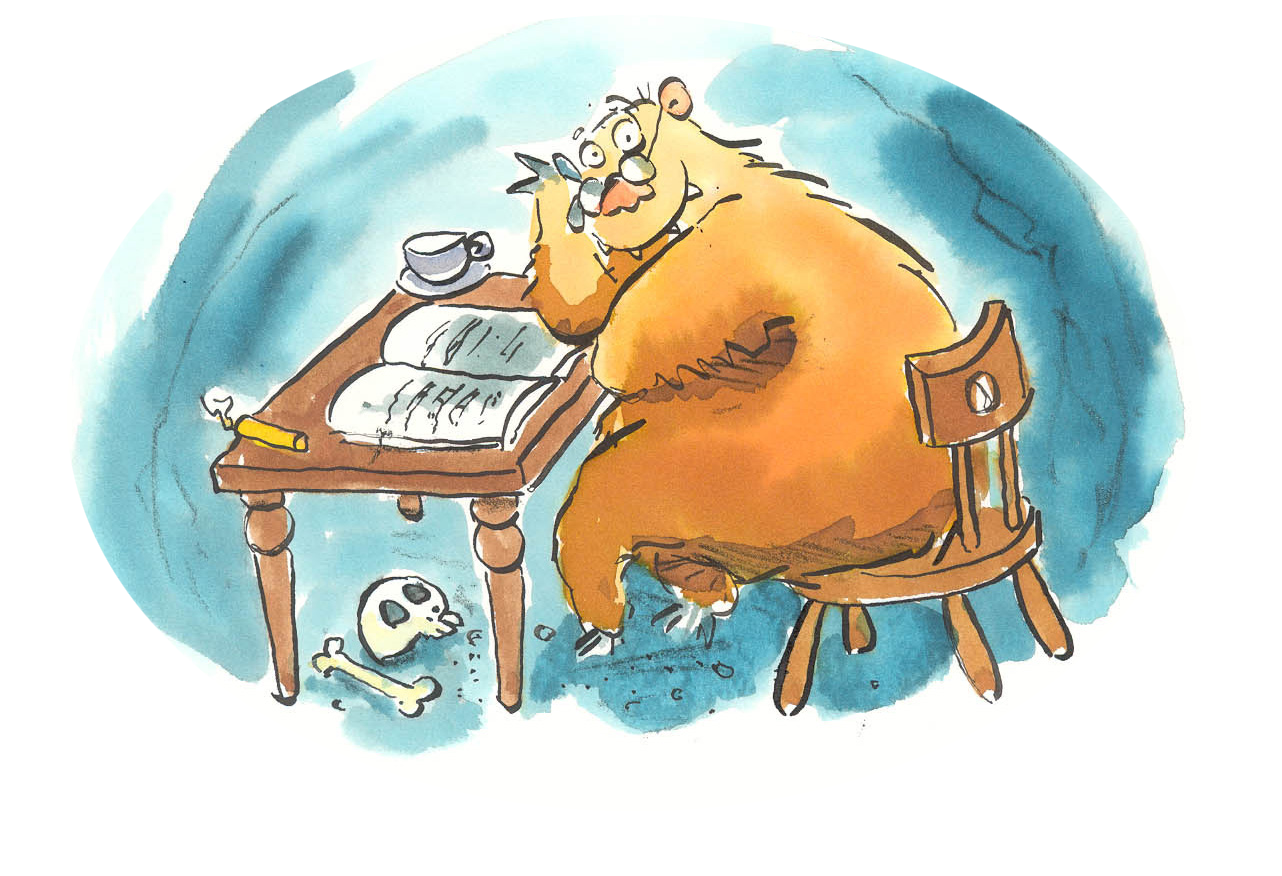
Why Poetry ?
First there were words evolved from sounds of pain, pleasure, shock, or excitement, and then came names for things, people and actions, to make the beginnings of language; and a frame on which it could grow.
While in the background there were also the songs of birds, the calls of animals, and always, the sounds of weather: in thunder, wind and the beat of rain.
Because humans need to be near water, it must have been the first natural instrument, with the splash and song of streams, the fall of waves, or the drawn out rattle of shingle, or slurp of sands, as they retreat and rise.
Each of us has a drum in our chest and the rhythms of our breath are ever present to govern our movements and our speech. So keeping the beat and dancing to it is natural, and must have come hand in hand with clapping, slapping, and drumming, wherever sticks could be found to tap on wood or rocks.
Thus music and grunts could come together to make some kind of chant . You could hum along, or improvise sounds with your lips and tongue, until some new-found words dropped in, to mix with these tunes and rhythms and make songs.
Such communications are special: not only they stick in the memory, and can become the vehicle that carries the special identity of the people, their myths and their history.
Where prose is hard to recall, line by line, nearly everyone can sing hundreds of songs, and many can quote pieces of poetry; largely because they have patterns, like assonance, rhythm and rhyme, which make a music, which not only holds it together, but tells us: “this is a poem”.
But lately things have changed, as rhythms and forms have become subtler, until they almost disappear. It sometimes seems that contemporary poetry has been kidnapped and usurped by a form of writing which reads like prose, often split in three line segments, with gaps between to suggest they are verses, and therefore they must make ‘poems’. And such works often gain the approval of the academics and arbiters of the poetry establishment, who may write such stuff themselves and encourage their pupils to emulate them. But how do such works stand up against the poems that we value from the past?
They may contain powerful images; modern, emotional language
dramatic statements and interesting ideas, presented boldly or in a sequence that is more striking than the continuity and logic of other prose, and this could be fine except that they often lack the subtle rhythms and style of modern masters like T.S.Eliot, Ted Hughes, Robert Frost, or R.S.Thomas, and since they miss the patterns that have made poetry for thousands of years, who will remember them? Have they any chance of being borne, like ancient sagas, from generation to generation without the need for writing?
Perhaps it’s enough to have them recorded, so we may walk with earphones, when we wish to recall them since they are unlikely to spring to mind, line by line, as life goes on.
But this is not good enough for me. I’d rather have my ears open to the real sounds and beats of life. As a poet I am gripped by the music and rhythm of words, and cannot escape them. In everything I write, I feel these rhythms, but especially in poetry. And when I break them, by carelessness, they stick in my craw.
It is therefore my hope that you too may share the joy and excitement I get from these sounds, and some of those you find in this book may stay with you to sing in your mind and bring you some joy, or a pause for thought, even when books and talking machines are left behind.
